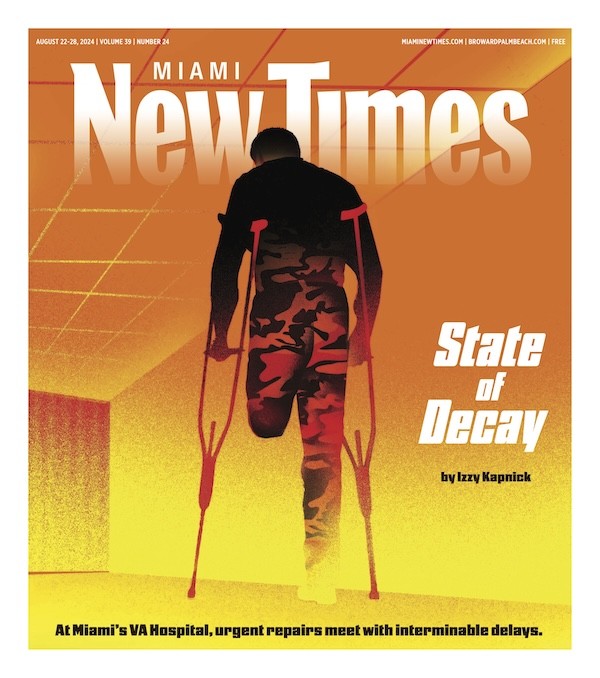Somerset Parkland Academy (SPA), a charter school in Broward County, is under fire from parents after a sudden policy change that eliminated snack time for students. What began as a typical back-to-school announcement has spiraled into a full-blown controversy, with parents rallying against the decision and a petition citing concerns for children's health and academic performance.
The snack ban, implemented on August 21 by principal Geyler Castro, has drawn backlash from parents, leading to a Change.org petition that has already garnered more than 600 signatures. Parents argue that young students, namely kindergartners who eat lunch as early as 10:00 a.m., are being left without food for nearly five hours.
Before the snack ban, SPA allowed a ten-minute snack time in the classroom, a common practice in other Broward County public schools. This brief break was designed to give students a chance to refuel while they continued their studies, a practice that is supported by studies linking healthy snacks to improved concentration and productivity, the parents say.
"My children started at Somerset Parkland Academy this school year," Miriam Thomé, a parent who is actively involved in the petition, tells New Times. "Their first week was really good, but the parents were appalled by the snack ban."
Thomé says her youngest son, a kindergartner, has experienced nausea, headaches, and dizziness from going hours without food.
"You cannot compare a 13-year-old to a 5-year-old. Kindergartners at Somerset enter school at 8 a.m., have lunch at 10 a.m., and fast until past 2:45 p.m. It is neither reasonable nor acceptable in an American school system," Thomé argues.
The decision to ban snack time was explained in a letter sent to parents, which declared, "Snacks are not going to be permitted during the school day." Castro outlined several reasons for the policy change, including loss of instructional time, disruption to the learning environment, the need for an allergy-friendly classroom, and the avoidance of pests such as roaches, ants, and rodents. An exception has been made for students with medical conditions and those enrolled in the after-care program.
The letter states, "We are sure that students will adjust and continue to be resilient. According to Johns Hopkins Medicine, school-age children should eat four to five times daily. By having breakfast, lunch, an after-school snack, and dinner, our students are well within the recommendations."
The petition to reinstate snack time was initiated by parent Ana Sosa after she received the letter from Castro. According to Thomé, despite the petition gathering hundreds of signatures within 24 hours, Sosa's attempt to negotiate with Castro was met with resistance.
"Mrs. Sosa was able to have a meeting with the principal, but it was unsuccessful,'" Thomé recounts. "The petition is active at Change.org and had an excellent response by the parent community, since 594 have already signed it," Thomé noted, asserting that more than 50 percent of Somerset's parents have joined the cause.
Since New Times spoke to Thomé, those signatures have increased from 594 to 625.
New Times reached out to Sosa and Castro but has not received a response.
Whether the school administration will reconsider its stance or hold firm to the new policy is yet to be seen. What is clear, however, is that the issue has struck a chord within the community, raising broader questions about the balance between educational policies and the needs of young students.

Audio By Carbonatix
[
{
"name": "Air - MediumRectangle - Inline Content - Mobile Display Size",
"component": "19274298",
"insertPoint": "2",
"requiredCountToDisplay": "2",
"watchElement": ".fdn-content-body",
"astAdList": [
{
"adType": "rectangle",
"displayTargets": "mobile"
}
]
},{
"name": "Editor Picks",
"component": "17482312",
"insertPoint": "4",
"requiredCountToDisplay": "1",
"watchElement": ".fdn-content-body",
"astAdList": [
{
"adType": "rectangle",
"displayTargets": "desktop|tablet"
},{
"adType": "rectangle",
"displayTargets": "desktop|tablet|mobile"
}
]
},{
"name": "Inline Links",
"component": "18711090",
"insertPoint": "8th",
"startingPoint": 8,
"requiredCountToDisplay": "7",
"maxInsertions": 25
},{
"name": "Air - MediumRectangle - Combo - Inline Content",
"component": "17482310",
"insertPoint": "8th",
"startingPoint": 8,
"requiredCountToDisplay": "7",
"maxInsertions": 25,
"watchElement": ".fdn-content-body",
"astAdList": [
{
"adType": "rectangle",
"displayTargets": "desktop|tablet"
},{
"adType": "rectangle",
"displayTargets": "desktop|tablet|mobile"
}
]
},{
"name": "Inline Links",
"component": "18711090",
"insertPoint": "8th",
"startingPoint": 12,
"requiredCountToDisplay": "11",
"maxInsertions": 25
},{
"name": "Air - Leaderboard Tower - Combo - Inline Content",
"component": "17482313",
"insertPoint": "8th",
"startingPoint": 12,
"requiredCountToDisplay": "12",
"maxInsertions": 25,
"watchElement": ".fdn-content-body",
"astAdList": [
{
"adType": "leaderboardInlineContent",
"displayTargets": "desktop|tablet"
},{
"adType": "tower",
"displayTargets": "mobile"
}
]
}
]












